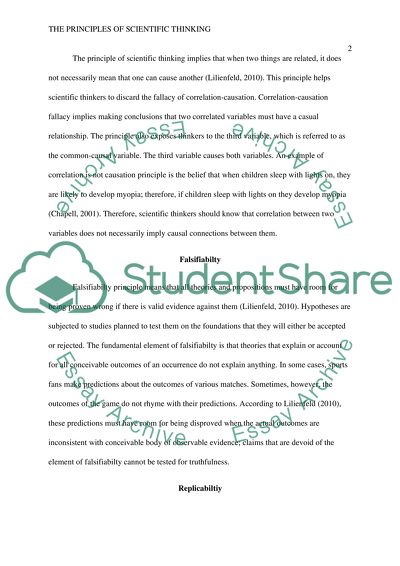Cite this document
(“The Principles of Scientific Thinking Essay Example | Topics and Well Written Essays - 1000 words”, n.d.)
The Principles of Scientific Thinking Essay Example | Topics and Well Written Essays - 1000 words. Retrieved from https://studentshare.org/psychology/1630201-the-principles-of-scientific-thinking
The Principles of Scientific Thinking Essay Example | Topics and Well Written Essays - 1000 words. Retrieved from https://studentshare.org/psychology/1630201-the-principles-of-scientific-thinking
(The Principles of Scientific Thinking Essay Example | Topics and Well Written Essays - 1000 Words)
The Principles of Scientific Thinking Essay Example | Topics and Well Written Essays - 1000 Words. https://studentshare.org/psychology/1630201-the-principles-of-scientific-thinking.
The Principles of Scientific Thinking Essay Example | Topics and Well Written Essays - 1000 Words. https://studentshare.org/psychology/1630201-the-principles-of-scientific-thinking.
“The Principles of Scientific Thinking Essay Example | Topics and Well Written Essays - 1000 Words”, n.d. https://studentshare.org/psychology/1630201-the-principles-of-scientific-thinking.


